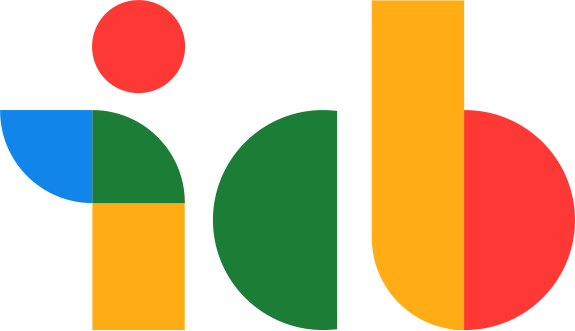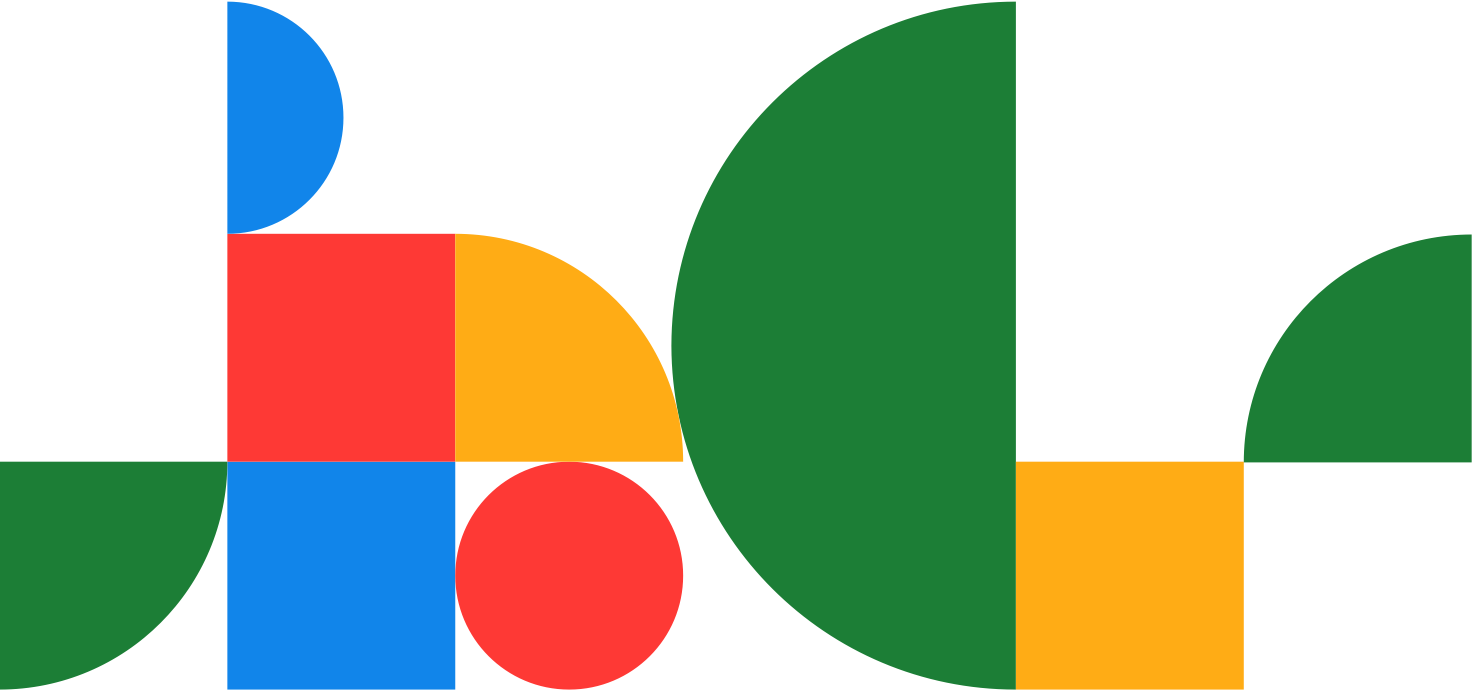About
Visual Processing Disorder affects how the brain interprets visual information. Individuals may have difficulty distinguishing shapes, tracking moving objects, judging distances, or recognising visual patterns. This is not a problem with eyesight itself but with the brain’s processing of what the eyes see.
This condition is often invisible.
Many disabilities, including this one, may not have outward signs—people can be significantly impacted even if they appear “fine” on the outside.
Common Challenges
Practitioner Help
Common Accommodations
Notes
Visual Processing Disorder varies in presentation and severity. Combining visual adjustments with alternative sensory cues can greatly enhance workplace accessibility and performance.
Resources
Help Us Improve the Knowledge Hub
This Knowledge Hub is a living library that relies on community feedback to stay current, accurate, and effective for everyone. We welcome all submissions, whether you've spotted an error, have an improvement idea, or want to suggest a new topic.
Report an Inaccuracy
Help us correct outdated information, broken links, or any factual errors you find.
Suggest an Improvement
Suggest an improvement to make an existing profile or resource much clearer.


